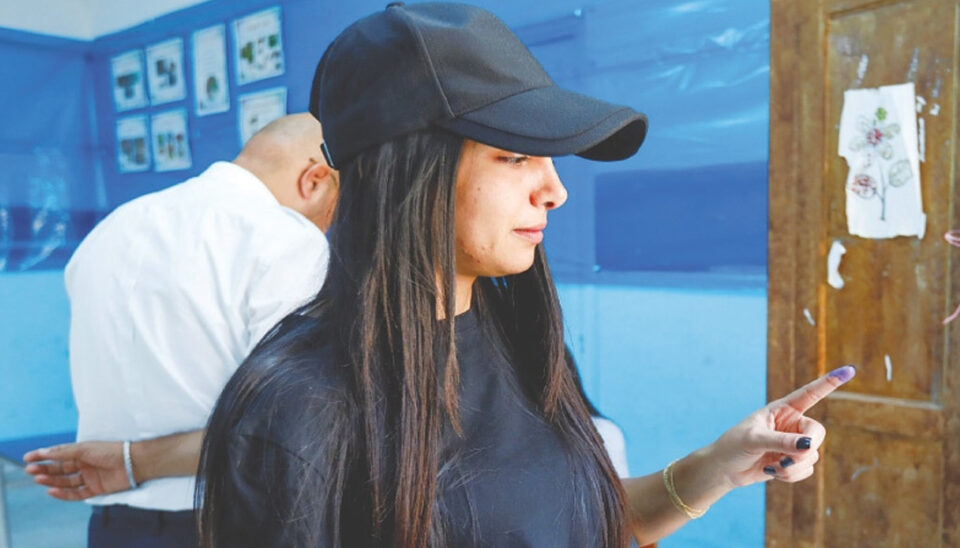Tunisian Presidential Election Sees Low Turnout Amid Controversy and Opposition Crackdown
Tunisians headed to the polls on Sunday for an election where President Kais Saied seeks a second term in a highly charged political climate. With his main rival jailed just last month and many opposition figures either imprisoned or barred from running, Saied’s path to re-election appears largely uncontested.
President Saied faces two challengers in the election: former ally turned critic, Zouhair Maghzaoui, leader of the Chaab Party, and Ayachi Zammel, who was considered a major contender before his arrest in September.
Tunisia, once celebrated as a rare success story from the 2011 Arab Spring uprisings, had transitioned to a competitive democracy after decades of autocratic rule. However, rights groups now warn that Saied, in office since 2019, has reversed many of these democratic advances, weakening the country’s institutional and legal safeguards. Critics accuse him of consolidating power and undermining the country’s checks and balances.
Saied, 66, has dismissed these accusations, framing his actions as part of a battle against a corrupt elite. He has pledged not to become a dictator, emphasizing that his fight is against “traitors.”
Election Turnout and Early Reactions
By 1 p.m., Tunisia’s Election Commission reported a voter turnout of just 14%, out of nearly 10 million eligible voters. Polls were set to close at 6 p.m., with results expected in the following two days.
“I will vote for change, despite the shameful scene of journalists and opponents in prison, including a presidential candidate,” said Wael, a bank employee in Tunis, reflecting the discontent felt by many Tunisians.
Tensions have escalated since Saied’s handpicked electoral commission disqualified three prominent candidates last month. These disqualifications sparked protests from opposition groups and civil society. In a further blow to the country’s legal framework, lawmakers loyal to Saied passed a law last week removing the administrative court’s authority over election disputes. This court had been seen as Tunisia’s last independent judicial body after Saied dissolved the Supreme Judicial Council and dismissed dozens of judges in 2022.
Growing Disillusionment
Tunisia’s elections in the years immediately following the 2011 revolution were marked by fierce competition and high voter participation. However, widespread public frustration with economic hardship and corruption among the elite has since led to voter apathy. In 2019, Saied was elected with significant support, but in 2021, he took control of most powers, dissolved the elected parliament, and rewrote the constitution—a move his opponents condemned as a coup.
Despite declining turnout in recent elections, Saied still retains support among segments of the population. “Saied is the first president who fought corrupt politicians and influential businessmen. We will elect him again and renew our support,” said Salem Lahmar, a fruit seller in Tunis.
Economic Challenges Persist
Although tourism revenues have seen a rise and European nations have provided financial support due to concerns over migration, Tunisia continues to struggle with significant economic challenges. State finances remain under pressure, and shortages of subsidized goods, as well as power and water outages, are common.
As Tunisia’s political and economic future remains uncertain, the outcome of Sunday’s election may further shape the country’s trajectory in the coming years.

